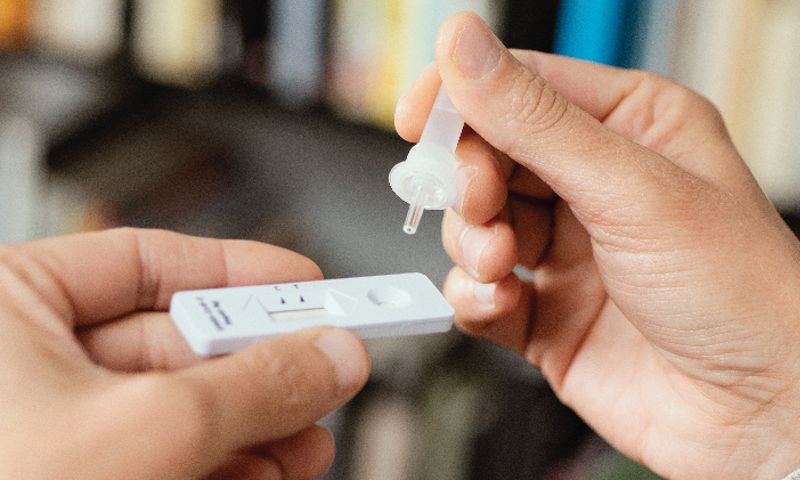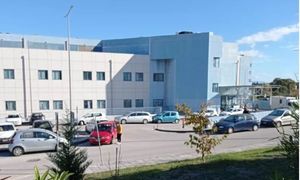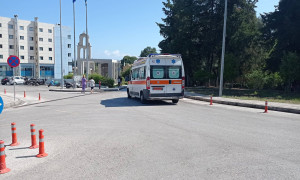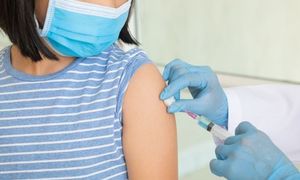Corfu with second highest positivity rate behind Ioannina

COVID-19
13 Jan 2022
/ 14:47
CORFU. Epidemiologist Yiannis Alamanos says Omicron variant is dominant in Corfu.
Corfu is one of the Greek regions with a high positivity rate, according to EODY's epidemiological report on 12 January.
The island has the second highest rate - 8.81% - behind Ioannina with 9.24%.
Central Corfu Covid Watch Committee coordinator and epidemiologist Yiannis Alamanos told Enimerosi that the high positivity rate is due to the transmissibility and prevalence of the Omicron variant in Corfu and the spread of the virus and high mobility over the festive period.
"The first thing we can say is that there is high transmissibility, but the spread of the virus is not greater than in other regions, based on the number of cases and hospitalisations that are announced," said Yiannis Alamanos. "We take all the indices into account when generating a picture of the situation. The positivity rate has lost its value as people are now taking such a large number of tests."
He said that the spike in cases in Corfu after Christmas, with daily figures over 200, indicates that the Omicron variant is now dominant in Corfu, like the rest of Greece. "The Delta variant has abated on a national level, including Corfu, and it is estimated that, depending on the region, it accounts for 10-20% of the cases," he said.
Special molecular test
A special molecular test is required to determine whether someone has been infected by the Omicron or Delta variant as the normal PCR test isn't enough. Yiannis Alamanos said that these tests are done with samples every week at special centres in Athens, Crete and Thessaloniki.
"Based on these sample tests, on a national level, 80-90% of cases are from the Omicron variant, depending on the region," he said. "The high number of daily cases across the country are 80% due to the Omicron variant."
The island has the second highest rate - 8.81% - behind Ioannina with 9.24%.
Central Corfu Covid Watch Committee coordinator and epidemiologist Yiannis Alamanos told Enimerosi that the high positivity rate is due to the transmissibility and prevalence of the Omicron variant in Corfu and the spread of the virus and high mobility over the festive period.
"The first thing we can say is that there is high transmissibility, but the spread of the virus is not greater than in other regions, based on the number of cases and hospitalisations that are announced," said Yiannis Alamanos. "We take all the indices into account when generating a picture of the situation. The positivity rate has lost its value as people are now taking such a large number of tests."
He said that the spike in cases in Corfu after Christmas, with daily figures over 200, indicates that the Omicron variant is now dominant in Corfu, like the rest of Greece. "The Delta variant has abated on a national level, including Corfu, and it is estimated that, depending on the region, it accounts for 10-20% of the cases," he said.
Special molecular test
A special molecular test is required to determine whether someone has been infected by the Omicron or Delta variant as the normal PCR test isn't enough. Yiannis Alamanos said that these tests are done with samples every week at special centres in Athens, Crete and Thessaloniki.
"Based on these sample tests, on a national level, 80-90% of cases are from the Omicron variant, depending on the region," he said. "The high number of daily cases across the country are 80% due to the Omicron variant."












